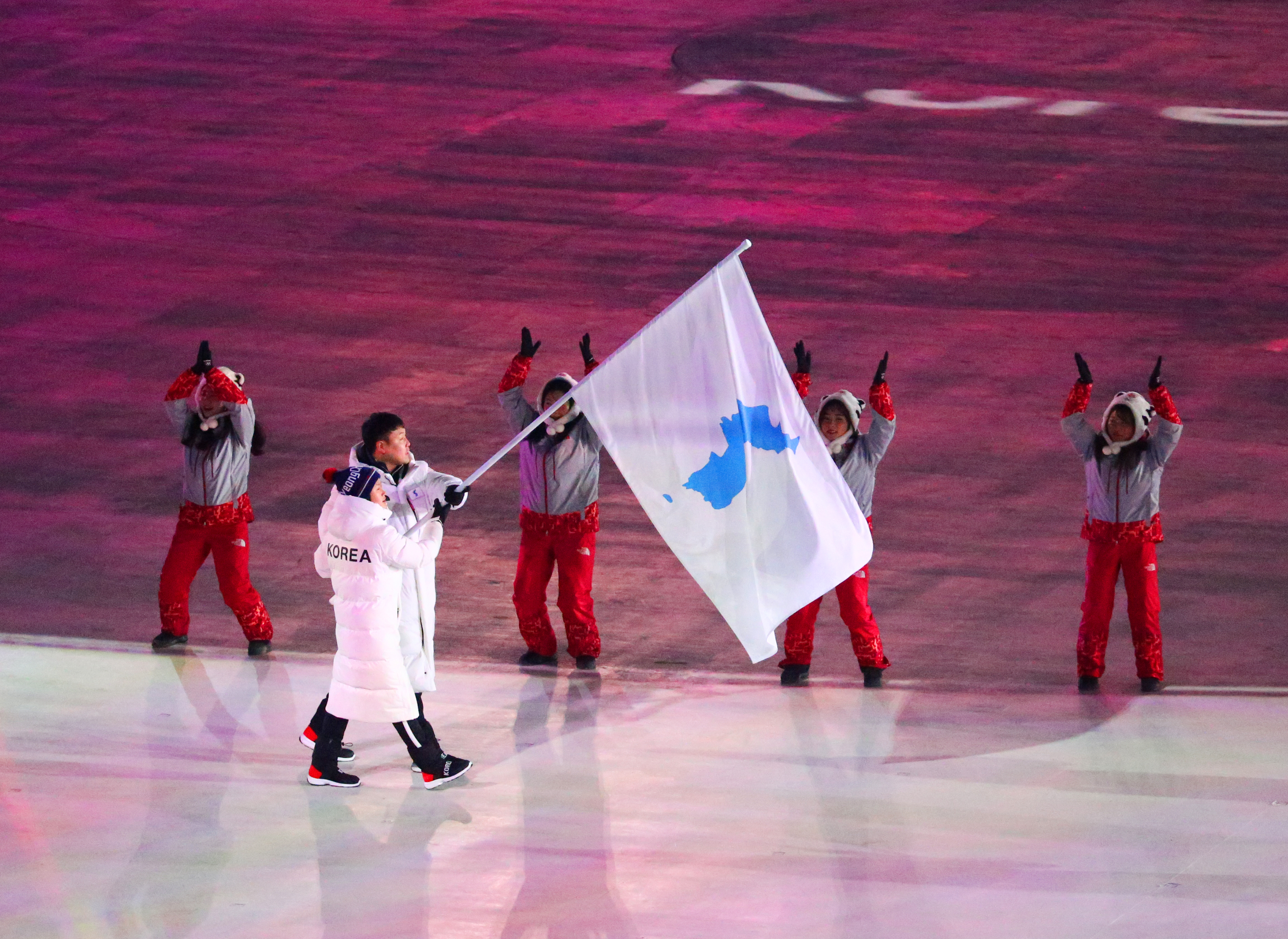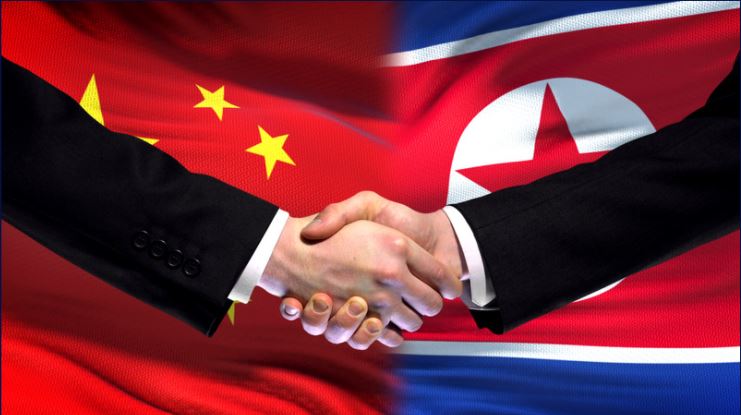
DPRK-Japan Relations: Paving a New Path for Trilateral Relations between ROK, DPRK, and Japan
Commentary | August 20, 2021
Kitae Lee
Director of Peace Research at the Korea Institute for National Unification
Once unyielding, Japan’s stance towards North Korea has shifted towards one that is more open for dialogue. However, issues such as North Korea’s abduction of Japanese citizens remain unsolved until today. Dr. Kitae Lee, Director of Peace Research at the Korea Institute for National Unification, states that the most important factor for the improvement in DPRK-Japan relations is the restoration of ROK-Japan relations. The author argues that the Moon administration has had a tendency to approach inter-Korean, DPRK-Japan and ROK-Japan relations from a bilateral perspective. However, in order to improve DPRK-Japan relations, South Korea should renew its diplomatic approach from the perspective of ROK-DPRK-Japan trilateral relations. He adds that such efforts should expand into a larger goal of building a new order for peace and security in Southeast Asia.
The biggest obstacle in North Korea-Japan relations:
North Korea’s abduction of Japanese citizens
The Japanese government has provided three key problems regarding its relations with North Korea: North Korea’s nuclear problem, missile problem and its abductions of Japanese citizens. The resolution of the first two problems depends on U.S.-DPRK negotiations. The only problem the Japanese government is directly involved in is the abduction of Japanese citizens, which it hopes to solve in international solidarity.
In the dialogue during the Korean Peninsula Peace Process in 2019, Prime Minister Shinzo Abe veered from his firm stance on the abductions and suggested to hold “unconditional talks” with North Korean leader Kim Jong Un. Prime Minister Yoshihide Suga, whose administration holds to the same policy towards North Korea as that of Abe, has also expressed his willingness to meet with Kim with no conditions on several occasions. By “conditions,” Japan refers to the resolution of abduction problem, which is its most urgent diplomatic matter. However, the North Korean government claims that the issue has already been completely resolved and refuses to partake in any dialogue regarding the topic.
The North Korean government stated in September 2020 through a researcher at the Institute for Studies of Japan under the Ministry of Foreign Affairs that the issue “has been completely resolved.” North Korea’s stance prevailed at the Online Symposium in the U.N. on the Abductions Issue that co-hosted by the Japanese government on June 29, 2021. In other words, North Korea claims that the issue was resolved in 2002 when former Prime Minister Junichiro Koizumi and North Korean leader Kim Jong Il signed the Japan-DPRK Pyongyang Declaration. In response, the Japanese government holds that it “cannot accept” North Korea’s claim. For Japan, the abduction problem is an unresolved and still on-going issue.
The 2002 Japan-DPRK Pyongyang Declaration and the 1965 agreement
Although there has hardly been any progress in negotiations between North Korea and Japan when it comes to the abduction problem, the fact that Japan’s unyielding attitude shifted towards a stance open to dialogue regarding issues related to North Korea is noteworthy. Specifically, if North Korea is open to dialogue with the South Korean and U.S. government, conditions for dialogue with the Japanese government will be made.
Currently, the most important factor for the improvement in DPRK-Japan relations is the restoration of ROK-Japan relations. Since 2019, the two countries saw events such as the Korean Supreme Court ruling on Military Sexual Slavery by Japan and forced labor and Japanese opposition against the ruling unfold. Consequently, the Japanese government export controls on South Korea-bound exports. To this day, ROK-Japan relations are considered to be at their worst state since the normalization of the two countries’ relations in 1965.
In particular, the Japanese government criticized the Korean Supreme Court rulings on forced labor as it could threaten the Treaty on Basic Relations between Japan and the Republic of Korea (also called the 1965 Agreement) and the South Korean government is currently trying to seek a way in which it can both respect the ruling of the judiciary, while improving its diplomatic relations with Japan. Additionally, the 1965 Agreement is similar to the 2002 Japan-DPRK Pyongyang Declaration, in that both documents primarily touch upon North Korea’s waiver of claims and Japan’s provision of funds for economic cooperation.
Any future restructurings or changes in the 1965 Agreement therefore bear the potential of affecting the 2002 Pyongyang Declaration. Current issues between South Korea and Japan, such as those pertaining to historical incidents, can potentially arise in future DPRK-Japan relations as well. Improvements in ROK-Japan relations can therefore create an opportunity for DPRK-Japan dialogue in the Korean Peninsula Peace Process in the short term and influence the normalization of DPRK-Japan relations in the long term.
The Korean Peninsula Peace Process, Tokyo Olympics,
and Korea’s National Liberation Day Speech
The Tokyo Olympics, held from July 23rd to August 8th, came to end with no adverse consequences amidst the increasingly grave COVID-19 pandemic in Japan. Although many people were initially interested in whether North Korea would participate in the Tokyo Olympics, the North Korean government decided to not participate on account of the pandemic. However, Japan’s decision to extend sanctions against North Korea also played a big part in North Korea’s withdrawal from the Olympics along with the COVID-19 pandemic.
The Moon administration was particularly disappointed by North Korea’s absence. The Moon administration attempted to shift its policies entering 2021 to make a breakthrough in the current stalemate in U.S.-DPRK dialogue and inter-Korean relations. It also saw the Tokyo Olympics as the optimal venue for multilateral summit diplomacy as part of the Korean Peninsula Peace Process along with efforts to improve relations with Japan. President Moon Jae-in acknowledged the 2015 Japan-South Korea Comfort Women Agreement in his 2021 New Year’s press conference. Although plans fell through due to improper comments made by the deputy chief of mission at the Japanese Embassy, Moon had considerations to attend the opening ceremony of the Olympics. Before North Korea decided to withdraw, the Moon administration saw the Tokyo Olympics as an opportunity to restart the Korean Peninsula Peace Process that was in gridlock after the 2019 Hanoi summit. In other words, the administration aspired to hold multilateral summit diplomacy for peace on the Korean Peninsula with the participation of Kim Jong Un, Joe Biden and Xi Jinping in the Tokyo Olympics opening ceremony.
In his National Liberation Day speech on August 15, 2021, President Moon reaffirmed the ‘two track’ principle, in which future cooperation and historical problems would be separated as individual issues. He further stated that the Korean government has always kept the door open for dialogue for joint response to global threats such as COVID-19 and current issues between South Korea and Japan. In other words, he expressed that his administration will maintain a victim-centered approach in dealing with historical problems, but also stays open to future-oriented dialogue. More than anything, his speech implied that it is important for the Korean government to maintain relations with Japan to restart the Korean Peninsula Peace Process without any attempts to drastically amend the 1965 Agreement. His comments convey the government’s role as a “manager” to assure that Japan does not play a negative role in South Korea’s policy on North Korea or in the process of resuming U.S.-DPRK dialogue.
Maintaining the 1965 Agreement and Seeking New Pathways for
Trilateral relations between South Korea, North Korea and Japan
The Moon administration has always approached inter-Korean, DPRK-Japan and ROK-Japan relations from a bilateral perspective. This approach is yet to yield any visible results. Although the abduction problem has been brought up at the inter-Korean and U.S.-DPRK summit meetings as per Japan’s request, North Korea has not yet directly responded.
At this point, South Korea should renew its approach in issues that it directly engages in from the perspective of ROK-DPRK-Japan trilateral relations in order to improve DPRK-Japan relations. South Korea must seek ways to become an active mediator in DPRK-Japan dialogue as well as in inter-Korean and ROK-Japan relations. In order to do so, South Korea must build a peace order by carrying out a new and autonomous role while maintaining the 1965 Agreement. Now is the time for the South Korean government to pursue efforts in normalizing DPRK-U.S. relations and DPRK-Japan relations through the improvement of ROK-Japan relations by maintaining the 1965 Agreement and enhancing inter-Korean relations. Further, such efforts should expand into a larger goal of building a new order for peace and security in Southeast Asia.■
■ Lee Ki-tae is the Director of Peace Research at the Korea Institute for National Unification. He earned his B.A. in Politics from Yonsei University (2002) and his Ph.D. in political science from Keio University in Japan (2012). He served as a standing member of the Democratic and Peaceful Unification Council (2019-2021). His key areas of research include Japan's security policy, East Asian international relations, and North Korea-Japan relations.
■ Typeset by Seung Yeon Lee Research Assistant
For inquiries: 02 2277 1683 (ext. 205) | slee@eai.or.kr
Northeast Asian Security

Policy Suggestions for the Incorporation of Sports in Improving Inter-Korean Relations
Heung-Tae Kim | 13.August.2021

60 Years of the North Korea-China Treaty of Friendship and its Implications in the Present
Sang-sook Lee | 28.July.2021
LIST